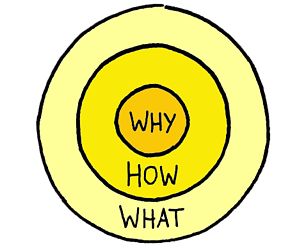- Home
- Curriculum
- The Village Secondary
- Functional Numeracy
Functional Numeracy
|
Why |
How |
What |
|
To provide a challenging and enjoyable Maths Curriculum. To cultivate mathematical fluency for all learners as an essential life skill. To develop learners’ mathematical knowledge and provide them with a foundation for understanding number, reasoning and problem solving. To gain an appreciation of number and number operations, which enables mental calculations and written representations according to ability. To reason mathematically by following a line of enquiry and develop and present a justification, argument or proof using mathematical language. To further develop fluency, mathematical reasoning and competence in solving increasingly sophisticated problems in other subjects and in financial contexts via financial Education in relation to PFA and future living. To understand the important role money plays in our lives. Manage risks and emotions associated with money, manage money, becoming a critical consumer. To enhance their ability of thinking logically and problem solving with resilience so that they are fully prepared for the future. To provide an effective way of building mental discipline and encourage logical reasoning and mental rigor.
|
Maths and Financial Education lessons are engaging and enjoyable. A variety of planning resources is used to aid the learners ability to have a positive approach to maths. Learners engage with a variety of methods such as concrete manipulatives, pictorial representations and abstract methodologies within each lesson based on their abilities and skills. All lessons include the opportunity to develop learners understanding of number and apply it in practical situations. They are given opportunities to develop their reasoning and solve simple or complex problems in a systematic and coherent way. Learners move through the different stages of their learning at their own pace. They are given opportunities to put their knowledge to practice using money through their community visits and WEX opportunities. Enterprise days and focus days give learners the opportunity to put their money knowledge into practice.
|
The impact of our mathematics curriculum is that learners understand the relevance and importance of what they are learning in relation to real world concepts. Learners can resolve mathematical problems in real life situations. Learners know that maths is a vital life skill that they will rely on in many areas of their daily life. The learners participate in a wide range of activities such as community visits, WEX where they have the opportunity to use their mathematical skills and practise buying products paying and calculate change. Learners are well aware of opening bank accounts, dealing with budgets, and have a good understanding of the importance of money.
Learners show confidence in attempting a range of problem solving and reasoning and demonstrating flexibility to move between different contexts and representations of maths.
Learners are able to solve mathematical problems and understand the import role money plays in their lives.
|


